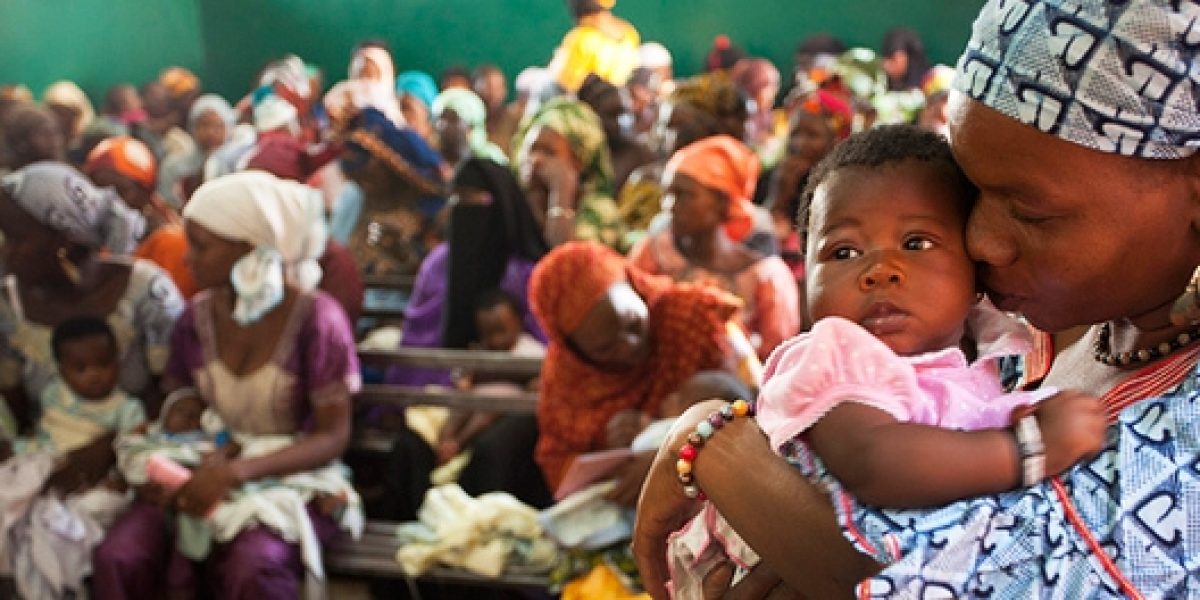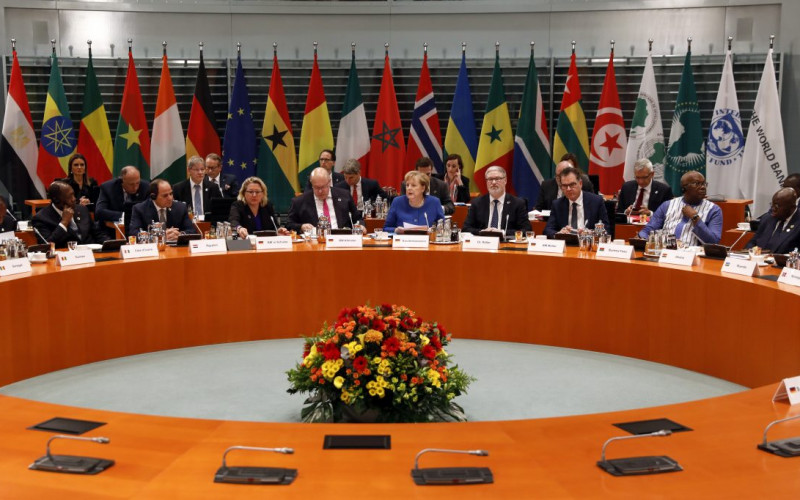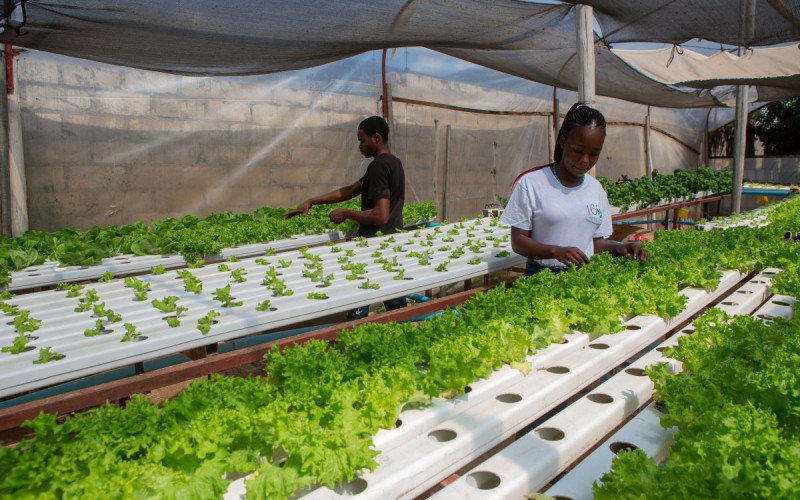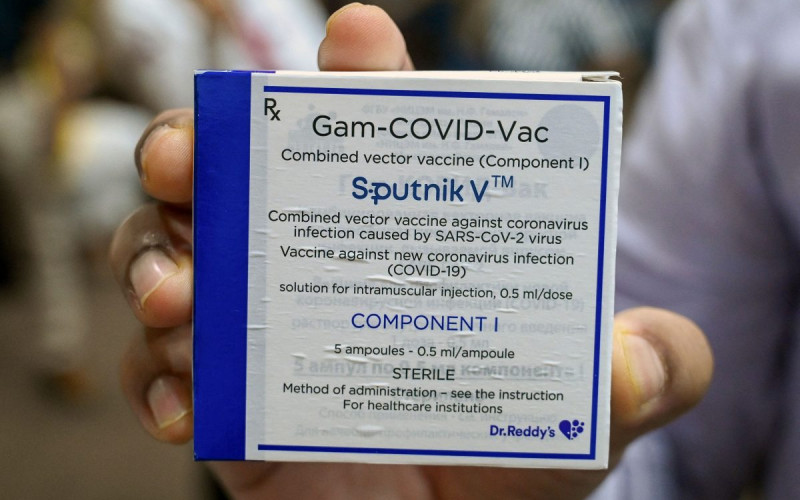The 2013 World Health Organization (WHO) Global Health Report sends out a strong message: people will continue to die of both infectious and noncommunicable diseases if governments continue to neglect the need for universal access to healthcare.
Health and disease are profoundly political issues driven by inequality and other social factors. South Africa would do well to partner with friends in the Global South to make this issue a key feature of our foreign engagement.
Given the link between poverty and disease, pro-poor policies should become of greater global concern, to ensure equitable distribution of healthcare and medicine to impoverished populations. Pro-poor policies directly target poor people; they are aimed at reducing poverty.
Social determinants of health
The 67th session of the World Health Assembly (the body that governs the WHO) was held in Geneva earlier this year. The assembly is specifically interested in the social determinants of health. These are the conditions into which individuals are born, in which they grow, live, work and age, including the national health system.
These determinants are influenced by money, power and resources, which are influenced by policy choices. Social health determinants are largely responsible for health inequity and the large divide between health statuses within and between countries.
Key questions that need to be asked at the multilateral level of global health governance are whether international, regional and national organisations have a committed pro-poor focus in their health policies, particularly regarding access to healthcare and medicine.
The benefits of focusing efforts on pro-poor agendas are that all members of society will benefit. There is no implicit “pro-rich” agenda but in poorer countries, where the wealthy can afford private healthcare, the lack of specific healthcare availabilities for the poor is starkly evident.
South Africa’s pro-poor policies
South Africa is a good example of a developing country that has made progressive inroads into pro-poor policy. South Africa’s system of social grants is one of the government’s primary initiatives in mitigating these levels of poverty. The challenges it faces as an upper-middle-income country with social indicators comparable to the poorest countries in the world include high rates of poverty and poor health services.
The National Health Insurance scheme is an additional government effort towards establishing a pro-poor health policy. It is a system of funding that will create a single pool for health. This will require an increased national health budget. The fund will be supplemented by mandatory contributions made according to individual income (those who earn more pay more, and vice versa). User fees and co-payments are to be abolished for healthcare.
Health services in South Africa have slowly become more accessible and affordable for the poor. Yet, despite this situation, the government is far from achieving universal access to healthcare and equity for the poor.
The quality of services in public healthcare clinics and hospitals is often questionable. Those who can afford medical cover benefit from private healthcare. Those who can’t must use public health institutions, subject to delays and a lack of resources.
Millennium development goals
These concerns are reflected in South Africa’s attempts to reach its millennium development goals by 2015. South Africa has lagged behind in poverty and hunger reduction and in reducing child mortality, possibly attributable to a lack of pro-poor policy for healthcare.
International and regional organisations provide a way of impelling international and national actors to engage with pro-poor issues. This is becoming increasingly prevalent for North-South and South-South development agendas, and generates more development initiatives and research.
But there is still limited knowledge about pro-poor initiatives in impoverished regions and how regional commitments on poverty are being implemented.
The Southern African Development Community health protocol is the guiding regional health policy in the region, but does not contain pro-poor clauses or strategies. There needs to be increased focus at the assembly level of engagement to ensure adequate attention to pro-poor health policies, particularly in the form of social protection.
Fewer people will die or live miserable lives if the issue is taken up at the WHO assembly’s decision-making forum. South Africa, in partnership with other Global South partners such as Brazil and India, should make this issue a key feature of an emerging health diplomacy role regionally, internationally and multilaterally.








